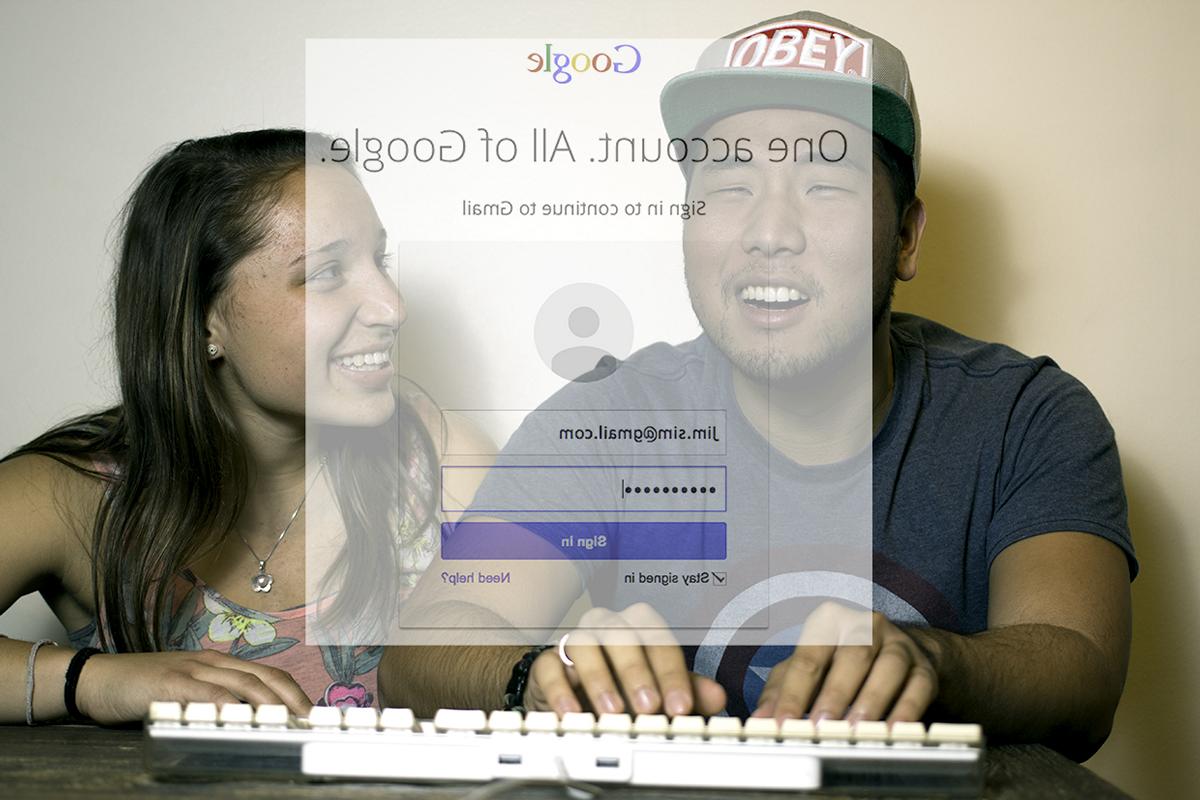A survey was recently conducted on campus asking 200 students if they share a password with a partner or have done so in a past relationship. While 28 percent of students replied that they did not share their personal information, 72 percent admitted that they have.
Another survey conducted in 2014 by Pew Research Center reported that 59 percent of U.S. internet users in a relationship of five years or less share passwords.
PURSUING RELATIONSHIP POTENTIAL
Students share passwords because they feel that by doing so, the relationship will have more potential, said Chris Grace, psychology professor and center for marriage and relationships counselor.
“Others do it because they recognize something –– there’s potential in this relationship to go deeper, and they feel that this is a natural thing, [a] progression of things,” Grace said.
This progression involves admitting attraction, going on dates and eventually dating exclusively. Young couples participate in password-sharing because it fits somewhere in the sequence, Grace said. Students occasionally share passwords due to naivety, or due to wanting to test the other partner’s loyalty.
“People are relationship testing. They’re going ‘I’m going to give him this and see if he comes back and he’s really trustworthy,’” Grace said.
Some students struggle with confessing certain details of their personal life. Indifference toward password-sharing hinders the idea of how sharing such personal information signifies trust, Grace said. However, there remains the possibility of stalking personal email addresses or social network accounts if the relationship ends.
“Maybe they don’t understand the consequences or the implications, maybe they’re just naive… without truly ever knowing the possibility that some people could harm and hurt you,” Grace said.
TIME AND TRUST
Over 50 percent of students said that they felt comfortable giving a password after being in the relationship from a time span varying from a couple of months to 2 years or marriage. However, not all students wait that long to begin sharing information.
“After a month, we just decided to have the same password because we thought it was funny. The password was something funny. I had nothing to hide. I was totally fine with it, comfortable with it,” said Angela Park, freshman psychology major.
Responses from 49 percent of students varied from not caring or not having anything to hide as well.
“The password that I shared was just for my phone. It was like a month into the relationship. I felt comfortable with him having it. I knew he wouldn’t do anything with it,” said sophomore Brooke Klingshein.
Other students hold tightly to their private information in an effort to protect themselves.
“I don’t share passwords because it’s my password to protect my property, and when I have it I know what I can do with it. If I give it to someone else I don’t know what they’re going to do with that information,” said Angela King, freshman sociology major.
In any case, Grace offered his advice when it comes to exchanging passwords.
“Probably it is the better part of discernment and wisdom to hold on to some things like that, and knowing that people are bent or sinful. They use this against you, so be careful,” Grace said.







